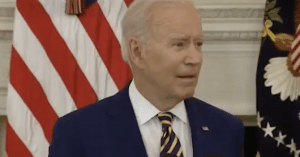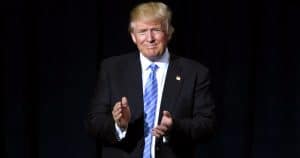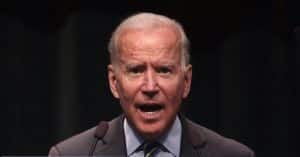The Supreme Court rejects Musk's SEC speech restrictions challenge
On April 29, the Supreme Court denied an appeal by Elon Musk, a billionaire entrepreneur, against a settlement he reached with the Securities and Exchange Commission (SEC) that mandated the oversight of his social media postings by a legal professional.
In court papers, Musk asserted that the SEC was conducting an "ongoing campaign" against him, as The Epoch Times reported.
According to Elon Musk, the proprietor of social media platform X (formerly Twitter) and CEO of Tesla and SpaceX, the agency unlawfully imposed the so-called "Twitter sitter" provision.
The federal agency pursued Musk in 2018 after he made a public statement on Twitter claiming to have acquired sufficient funds to acquire Tesla private at a share price of $420.
Response to Claim
Tesla shares soared in response to his unexpected claim, but the agency ruled that the posts violated securities law for being "materially false and misleading."
The civil action initiated by the agency was resolved in favor of Mr. Musk, and it comprised the social media monitoring agreement. In a separate matter, a jury determined him innocent of liability for deceiving potential investors last year.
Musk now asserts that he was coerced into the agreement and that the restrictions on his free expression violate the First Amendment.
His attorneys stated in court documents that the monitoring provision "restricts Mr. Musk's speech, even when it is truthful and accurate."
More Reaction From Musk
“It extends to speech not covered by the securities laws and with no relation to the conduct underlying the SEC’s civil action against Mr. Musk.”
The provision required Mr. Musk “to agree to a sweeping prior restraint on his speech: he must obtain explicit ‘preapproval’ before engaging in ‘written communication’ on a wide range of subjects,” they said.
His attorneys contended that this action violated the unconstitutional conditions doctrine, which states that the government cannot penalize an individual for exercising a constitutional right, by constituting a restraint.
In particular, the government is not permitted to impose eligibility requirements for a government benefit that require an individual to waive the exercise of that right.
The SEC argued that by signing the settlement, Musk relinquished his right to contest the provisions.
In siding with the SEC, the U.S. Court of Appeals for the Second Circuit determined that he was precluded from filing his challenge due to his prior compliance with the agency's requests.




